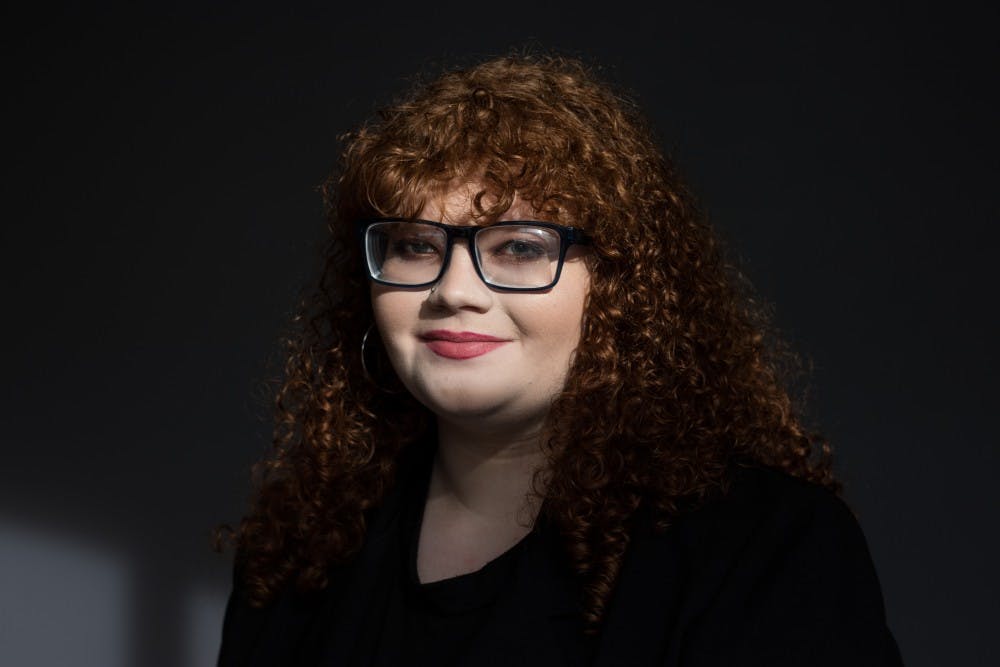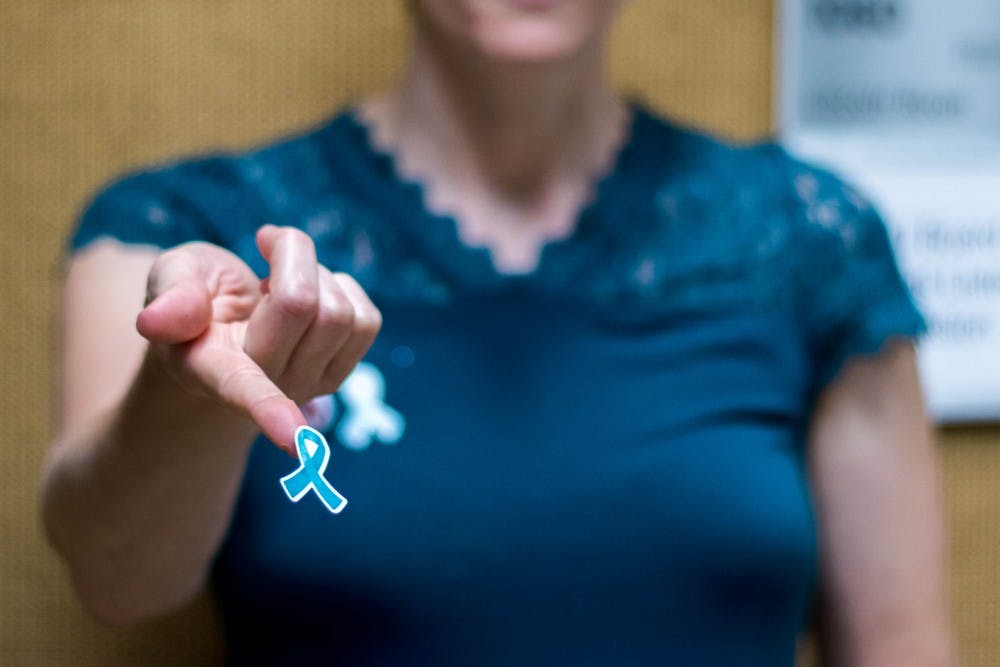
If we were to look at problems and the impact they have on people and communities straight on, the answer would be no. It takes an ability to dissect issues or struggles into smaller sections to determine the way relationships are affected.


If we were to look at problems and the impact they have on people and communities straight on, the answer would be no. It takes an ability to dissect issues or struggles into smaller sections to determine the way relationships are affected.
If there is a bad occurrence, it doesn’t necessarily mean the people involved will find unity within the circumstance, but often times, values and perceptions can change. When in a position full of stress and dread, it is common for people to do whatever they deem possible to help bring about change, whether this is through actions as a community or relationships between individuals.
In my own personal experiences, I have observed how trauma shared between two people can bring them closer together. Sharing terrible encounters and being able to comprehend what another person is confiding by having gone through similar experiences has proven to form strong bonds. There is something superlative about feeling as though someone understands you on a deeper level, even if their experience is not identical.
If we look at this phenomena on a larger spectrum — for example the immense-scale sexual assault case that came out of Michigan State in the last year — we can see how people were encouraged to come together.
Victims and their families came together in protests against the university. Many stood outside the Hannah Administration building last year to listen to speakers such as Morgan McCaul express their frustration and disappointment with the way the university handled the Larry Nassar fallout.
MSU’s classic Spartan green and white colors faded away. Teal became more prevalent. A poster in the Communications Arts and Sciences building appeared during the fallout, baring 156 teal ribbons, each branded with the name of a survivor who was brave enough to come forward and give victim impact statements against Nassar.
A group of advertising students decided that the color teal would be the one to represent and applaud the survivors. The appearance of teal would soon lead to a community laced with initiative and the will to support victims and demand change in the way sexual assault is viewed.
The names of the survivors appeared on The Rock on Farm Lane. The Rock bore the names of the victims who did not want to remain anonymous for the whole student body to see. It’s easier to understand situations upon seeing a name. It is then realized the people who were affected are real life, everyday people. It isn’t false news. It is reality. Real people are affected.
Soon teal ribbons could be seen tied around trees and bridges around campus. Students came together to represent the victims by making the series of events known to each of their peers passing by, even if the ribbons were seen on their way to class and didn’t prove to be a priority. It was a matter of the students spreading awareness and overcoming the false ideals placed on them by the administration.
While the testimonials and trials were intense, the university has since come together. The conversation of sexual assault can be talked about more openly. More programs have opened up to survivors, even ones not linked to Nassar. Other professionals on campus have been exposed for their misconduct. Victims can come forward more confidently with the idea that those who have hurt them will be prosecuted.
The university has a long way to go and a lot to work on. Honesty and communication will be two large factors MSU needs to succeed as a top university, but the closeness of the students and survivors has helped. We don’t have to be as afraid to walk around campus anymore. We have peers who will try harder. Faculty will try harder. The community and culture around us will try harder.
Emily Ludwa is a weekly columnist for The State News.
Support student media! Please consider donating to The State News and help fund the future of journalism.